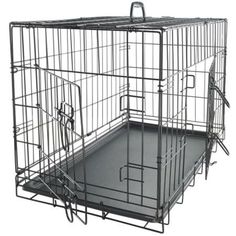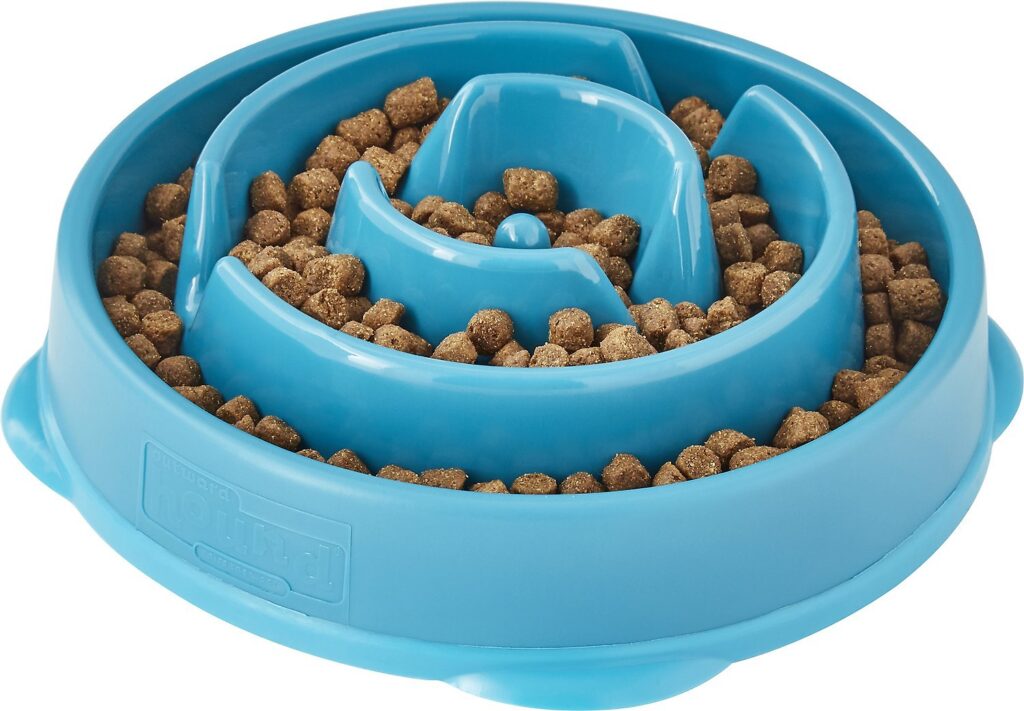Pets And Shift Work
Working shifts can be hard and it denies us many opportunities. The idea of owning a dog seems downright preposterous, there’s no way a creature that’s raised on consistency could be happy when your routine changes week-to-week. Don’t fret, owning a dog isn’t just for the nine-to-fivers. Here are a few tips when looking for and taking care of a dog for the rest of their lives.

Consider their age. Puppies might not be the best idea when you work long or inconsistent hours. A young dog’s bladder is only so big and can only hold it for so long, unless you have someone that can come check on the puppy, it might be best to get a dog that’s a little more developed. Rescues and shelters aren’t the only places to get older dogs from, consider reaching out to a breeder to see if they’ve had any of their puppies returned or ask to be put on a waiting list for such a dog. This brings us to our next point, breed research.
It’s important to do some research into breed traits before bringing any dog home. Look for a dog that is lower energy and likes to keep to themselves. The last thing you need to worry about after working a 10-hour shift is what a German Shepherd has chewed out of boredom. Also consider the space you have available to you if you don’t have a yard. You may need to drive or walk to an area where they can run, or commit yourself to a long walk or easy jog.

Crating may always be your best option. When you’re away for these long periods of time it’s important your dog isn’t getting bored and into things; in cases of emergency, it’s easier for an animal to be removed if they are already in their crate. A strong plastic or fiberglass crate will also keep them safe in the event of falling or collapsing objects. The crate is one of the most important things to invest both your money and your time in, particularly if you are getting an older dog that may have never been in one before. Don’t expect your dog to love it right away. Stack the value of your dog’s crate by feeding them their meals in it, anytime you give them a Kong give it to them in the crate, anytime you have leftovers from dinner that you want to share give it to them in the crate and do it often. You should find occasions to put your dog into the crate 25 times a day. Don’t make them stay in long but always give them something to do whether it’s a Kong, Nylabone, or raw bone. Make a habit of training with your crate everyday. You can do this by keeping a handful of your dog’s daily food in your pocket and have them repeatedly go in and out, only receiving food and a steady rain of it when they are in the crate and calm. Having food slowly trickle into the crate will distract the dog from any anxieties they might feel. After trickling in a small amount, let the dog back out and then encourage them back in with a few more pieces of kibble, shut the door and have it rain food again.

A tired dog is a happy dog; as a shift worker you’ll have to consider that getting a dog adds at least half an hour to your routine before work. Take your dog for a long walk, or if you’re able play fetch, to get the physical energy out. Don’t forget to stimulate their minds. A long walk will only go so far if you have a super smart breed, working their brain will keep them tired longer. Consider puzzle or wobbler feeders and doing some obedience or practice your tricks. No matter what time you get home, make sure you take them for a walk or play a really good game. Doing things with them will help you unwind from work faster than flipping mindlessly through Facebook. Training can happen anywhere or anytime, just because you get home at 3 A.M., it doesn’t mean you need to put yourself at risk by walking outside. Use stairs to tire your dog out, assuming they’re old enough. If you’re in an apartment building, you could work on your hand signals in the hallway, walking quietly up and down.
If you’re working 12-hour shifts, consider looking into hiring a dog-sitter or dog-walker. Don’t just grab anyone off Kijiji though, these are people who will be coming into your homes while you are away. They are worth the money because they are paying for things like insurance, first aid training, and background checks to give you peace of mind. These are people who are worth the investment, don’t cheap out here. Sitters and walkers will often provide services such as feeding, or offer check-in services where they ensure the water bowls are full and let them out for a pee break.
There are lots of ways to work around your shifts so that you can enjoy the comfort of a fuzzy hug when you get home, just like any other worker.
